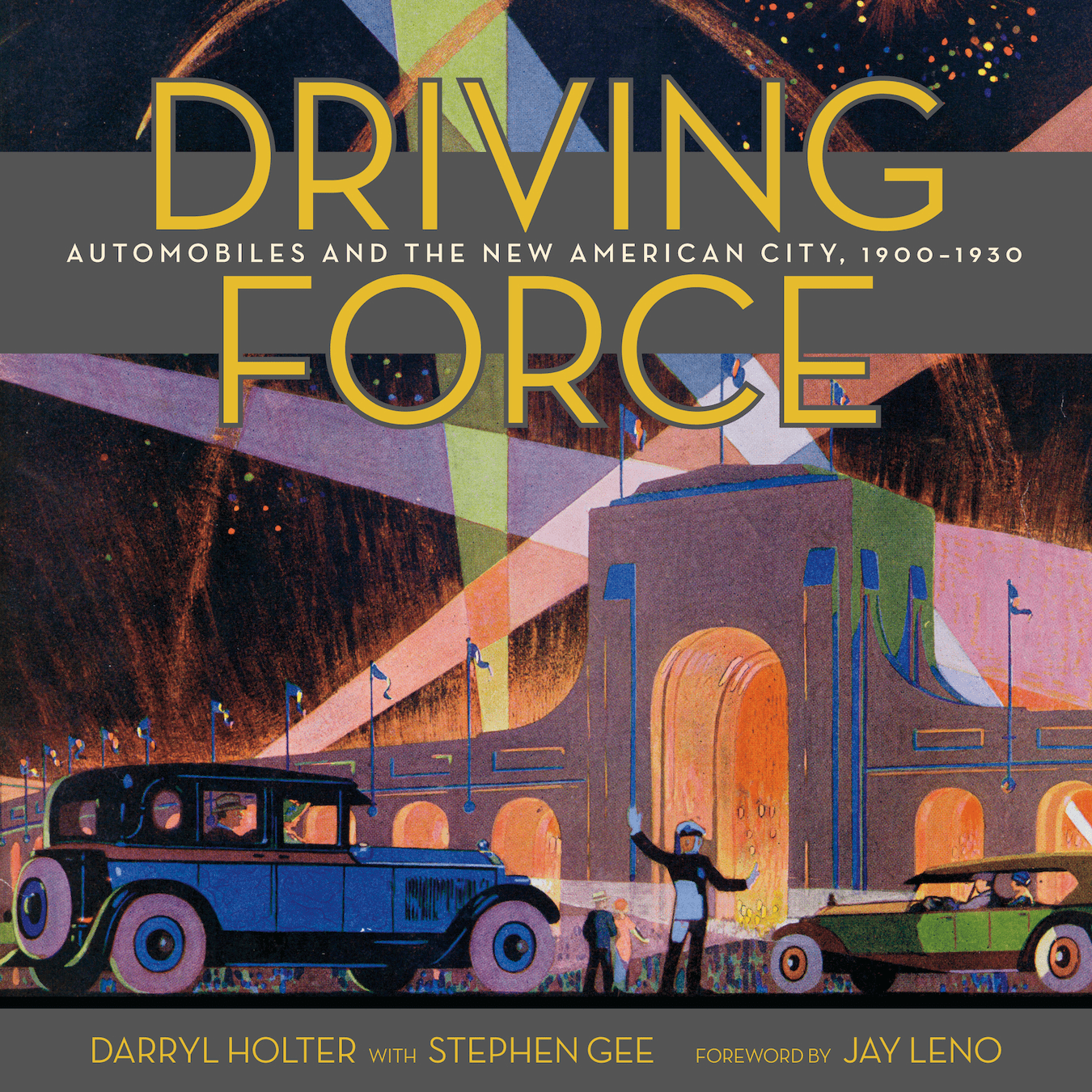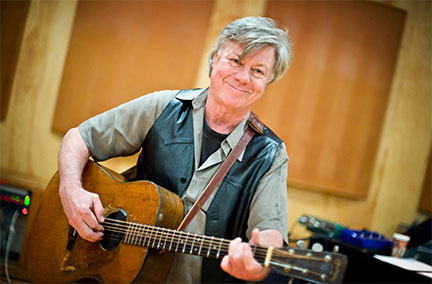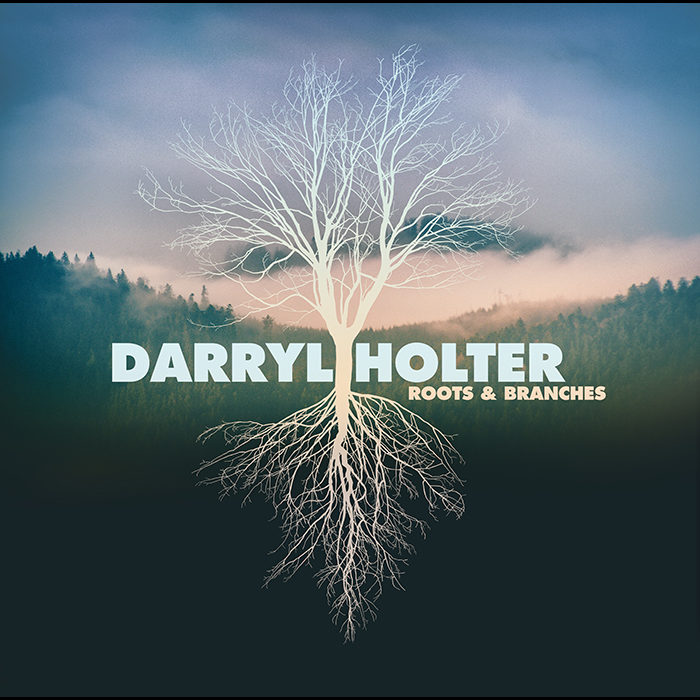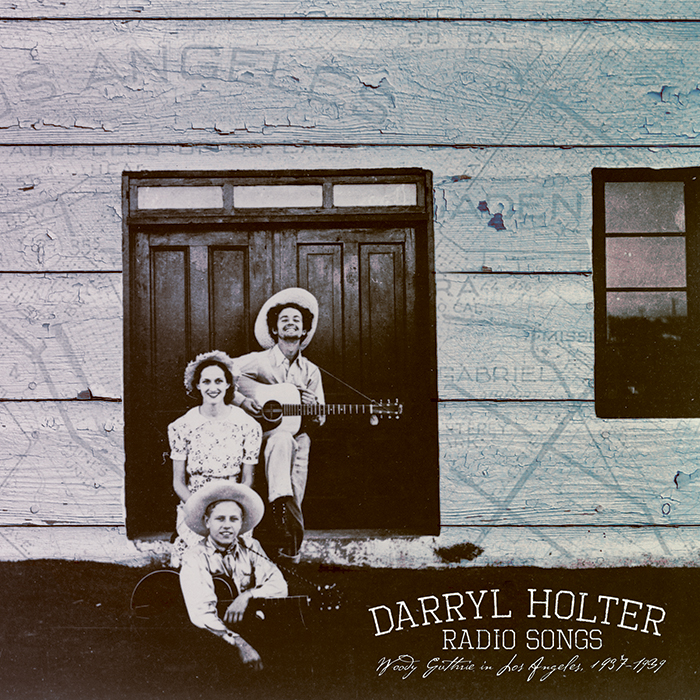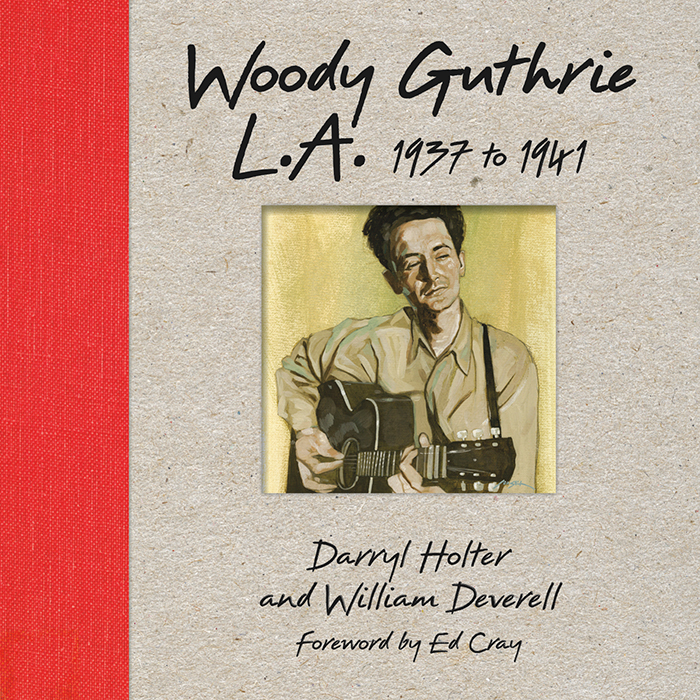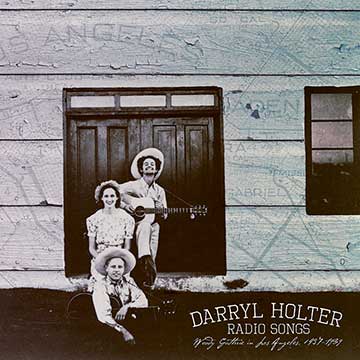
Darryl Holter Article Los Angeles Times Woody Guthrie’s ‘California Stars’
Premiere: Darryl Holter and Woody Guthrie’s ‘California Stars’
BY Randy Lewis March 3, 2015
One of the big archival folk music releases of 2014 was “My Name is New York: Ramblin’ Around Woody Guthrie’s Town,” examining the years in the Big Apple that shaped the godfather of folk protest music in the latter part of his life.
This year we’ll get a geographical counterpart exploring the impact Guthrie’s earlier years in Los Angeles had on his politics and his songwriting. L.A.-based singer-songwriter Darryl Holter has delved into the songs Guthrie wrote in Los Angeles in the 1930s for a new studio album “Radio Songs: Woody Guthrie in Los Angeles 1937-1939,” due May 8.
Pop & Hiss is premiering one track, “California Stars,” for which Holter is joined by roots-music fiddler, singer and songwriter Sara Watkins, one of several guests for the project that grew out of a research grant Holter was awarded by the Woody Guthrie Archives and the Broadcast Music Inc. performance rights organization.
In a song also covered by Bob Seger on his 2014 album “Ride Out” — from a set of Guthrie lyrics set to music by Jeff Tweedy and Jay Bennett for Billy Bragg and Wilco’s lauded 1998 Guthrie tribute collection, “Mermaid Avenue” — Guthrie invokes the reputation California has long held as a promised land of prosperity and second chances and the state’s crucial role in agriculture and writing:
I’d like to dream my troubles all away
On a bed of California stars…
They hang like grapes on vines that shine
And warm the lovers’ glass like friendly wine
“During his years in Los Angeles,” Holter tells Pop & Hiss, “Woody wrote songs and performed them on a popular daily radio show. His songs reflect the concerns of ordinary people during the Depression — unemployment, homelessness and poverty — issues that are still with us today. “I love this dreamy poem as Woody captures the feeling of drifting off to sleep under a beautiful celestial canopy,” he said. “He wants to cast away his worries and rest his weary bones beneath a bed of California stars. And he doesn’t want to sleep alone.”
Guthrie had left his wife and family behind in Oklahoma when he made his first venture to the Golden State in the 1930s. While in Los Angeles, he landed a radio show on station KFVD, on which he and co-host Maxine Crissman (known on the air as Lefty Lou) brought homespun wit, left-leaning politics and infectious music to the airwaves. They developed a strong following among others who had left the lean times of the Dust Bowl during the Depression looking for a better life in California.
Two of the better known songs Guthrie wrote while he was in Los Angeles are “Do Re Mi,” about the roadblocks many would-be California immigrants faced upon arriving at the border, and “Oklahoma Hills,” a reflection on the place he left behind.
Both of those are on Holter’s album, along with “Los Angeles New Year’s Flood,” “One By One” and “Big City Ways,” the latter having turned up recently in a recording believed to be the first that Guthrie ever made. Holter is also joined on the album by singers Ani DiFranco and his daughter, Julia Holter.
“When we think of the Urban Folk Revival, we tend to think of Greenwich Village in the ’40s and ’50s,” Holter noted. “But I think the real origins began when Guthrie brought folk music to urban intellectuals and political activists in Los Angeles.”

